We can all experience times of difficulty and distress in our lives as a result of an emotional shock and whilst everyone will need to heal at their own rate, we can draw some comfort by learning from the experiences of others that this too will pass, in time.
By staying focussed on what is good and true, we can remain aligned with our inner light throughout the difficult process and better understand and facilitate our own personal journey of recovery.
I hope that this post will provide some encouragement to those who need it right now by reminding them that they are not alone, that the universe does have a plan and that it will all work out in the end.
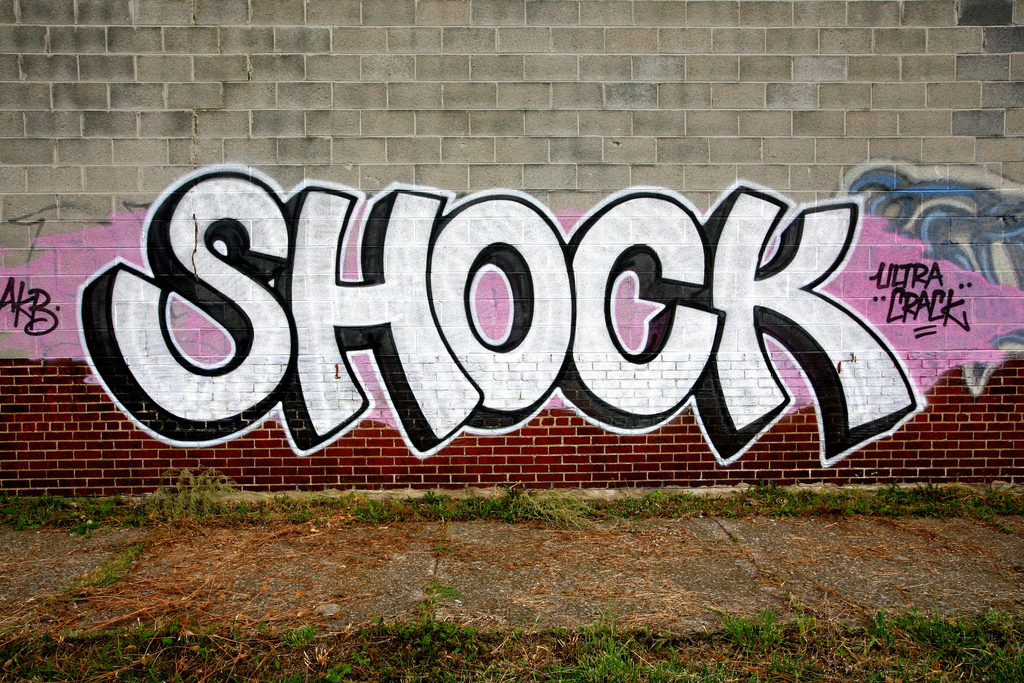
Shock (Acute Stress Reaction)
Being in the middle of Emotional shock (sometimes called psychological shock) is a personal and potentially very lonely experience, but it is something that we will all experience at some point in our lives and can come in many different ways and forms.
It may result from extended and extreme stress; a disturbing event (whether personally experienced or not); the loss of a loved one; an accident or personal attack; a break down in trust or the sudden end of a significant relationship. Whatever the cause and despite not being physical hurt, the trauma that results can quickly destroy your sense of security and leave you feeling overwhelmed, vulnerable and isolated.
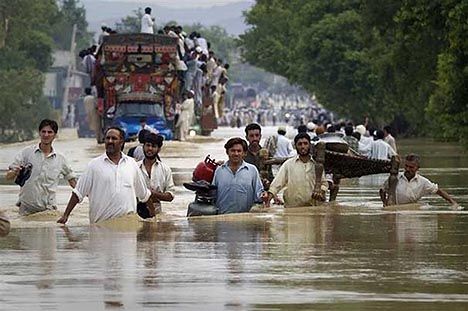 Our prolific use of social media such as Facebook and Twitter, with all the amazing benefits that they bring, also have the propensity to make us more acutely aware of unexpected, disturbing or terrifying world events that are not directly within our control. Whilst these global events, such as natural disaster or terrorism, are increasingly within our sphere of awareness and concern, they remain outside of our sphere of influence, yet can lead to equally distressing feelings of shock, stress and powerlessness.
Our prolific use of social media such as Facebook and Twitter, with all the amazing benefits that they bring, also have the propensity to make us more acutely aware of unexpected, disturbing or terrifying world events that are not directly within our control. Whilst these global events, such as natural disaster or terrorism, are increasingly within our sphere of awareness and concern, they remain outside of our sphere of influence, yet can lead to equally distressing feelings of shock, stress and powerlessness.
Symptoms of such events can include, but are not limited to: denial, guilt, confusion, lack of concentration, anger, panic, blame, insomnia, exhaustion, anxiety, withdrawal, hopelessness and fear. No two people experience the effects of emotional shock in exactly the same way but a combination of any of these symptoms is not unusual and is to be expected.
Whilst the physical and emotional effects brought about by emotional shock will usually subside after a few days, weeks or months, if left untreated, they may result in acute stress disorder or long-term Post-Traumatic Stress Disorder (PTSD).
Rest
Experiencing shock can take a dramatic toll on the body’s nervous system and it’s important to acknowledge this and take it easy for a while. During this time, don’t judge or beat yourself up for being disorganised or unproductive, your body is simply saying that it needs some time to rest and recover.

Meditation can be an extremely helpful method for reducing anxiety and bringing the mind gently back into balance but unless you’re already a competent meditator, don’t try to stop thinking completely, as this can lead to more feelings of frustration and stress. Instead, it’s easier to practice by giving the mind something else to focus on, such as an affirmation or becoming mindfully aware of the breath or the environment you’re in. This is a conscious and deliberate process of distraction called ‘tethering the mind’. We literally ‘tether’ our thoughts to something else to help us start to gain control over our racing mind and prevent it from drifting away.
Gently bringing your attention onto the actual physical sensations of your body as it is or more deeply noticing the sounds, smells, shapes and colours around you can be a very helpful method for becoming more fully present, instead of dwelling on past events or worrying about what the future may bring.
Embarking upon a small amount of gentle daily exercise will also start to restore the body to its natural physical state of wellness by helping to counteract the stress hormone cortisol and gently releasing endorphins into the blood stream. Swimming, walking and Natural Mindfulness are great forms of exercise as they enable the mind to be gently occupied, whilst the body is naturally engaged in the activity itself.
Continuing to eat a nutritious balanced diet and avoiding strong stimulants such as sugar, caffeine and alcohol will also help to ensure that you maintain your energy, remain calm, are able to think more clearly and get the good quality sleep that you need.
Review
Of course, it doesn’t feel like it at the time but, despite the difficulties, I truly believe that the universe has our best interests at heart and that everything happens for a reason. As many before have testified, what might seem at first, to be like the greatest tragedy may, in time, be seen as a significant blessing and can, in fact, become our greatest strength or gift to the world.
 Whilst our own individual experiences at the time may be deeply unsettling, in hindsight they can provide us with a new depth of understanding and compassion for others that we would not have otherwise experienced.
Whilst our own individual experiences at the time may be deeply unsettling, in hindsight they can provide us with a new depth of understanding and compassion for others that we would not have otherwise experienced.
Over the years, my own personal difficulties have served to solidify my desire to follow my heart and continue to help others to follow theirs. I genuinely believe that most people would prefer to be engaged in meaningful work within their own community and often just need to be listened to without judgement, supported with kindness and invited to learn how to use the tools that are available to us all.
Taking stock, reflecting and reviewing our situation is the point where we can truly start to look at and begin to accept that what has happened, has happened. Wishing for anything other than what is will only serve to compound any suffering that you have already experienced. Acceptance is the key to unlocking our healing but it is forgiveness that fully opens the door.
The 5 Stages of Grief
The Kuhbler-Ross (1969) Change Curve or The 5 Stages of Grief Cycle can be a useful model for understanding the whole process of recovery. Understanding that the emotions you are experiencing are natural, normal and have been experienced by many others can be very comforting to know when you are in the thick of such strong feelings and clouded by uncertainty.
The 5 Stages of Grief can be defined as:
- Shock and Denial: Avoidance, confusion, disbelief, fear, numbness, blame.
- Anger: Frustration, anxiety, irritation, embarrassment, shame.
- Depression and Detachment: Overwhelm, lack of energy, helplessness.
- Dialogue and Bargaining: Reaching out to others, desire to tell your story, struggle to find meaning, experimentation.
- Acceptance: Integration, exploring options, development of a new plan, empowerment, return to meaningful life.
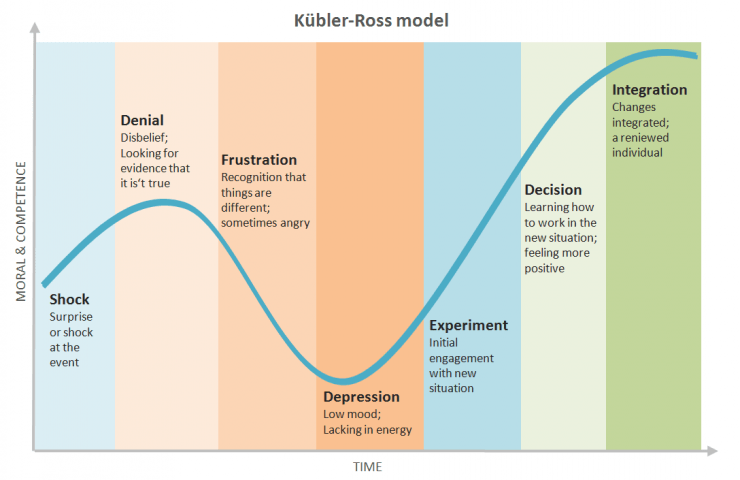
I have come to discover that the universe is always trying to nudge us in the right direction and if we don’t listen, if we fail to pick up of the hints, then it nudges us a little harder and of course if we keep on ignoring the signs then it may take something much more dramatic to make us wake up and change what we are doing, our thinking or the direction we are travelling in.
Realign
Who are you? I mean deep down in the core of your being. What do you love? What brings you alive? When do you most feel your true self? What makes you happy?
 Asking for support or embarking upon some counselling can be helpful with this process and you might like to seek the help of a qualified therapist or a Life Coach. At the very least you would be wise to speak with a truth minded friend as sometimes we can be so close to the issues at hand that we can’t see the wood for the trees and opening up these discussions will often give you a new, wider perspective of your life as a whole.
Asking for support or embarking upon some counselling can be helpful with this process and you might like to seek the help of a qualified therapist or a Life Coach. At the very least you would be wise to speak with a truth minded friend as sometimes we can be so close to the issues at hand that we can’t see the wood for the trees and opening up these discussions will often give you a new, wider perspective of your life as a whole.
Traditional counselling or psychotherapy methods often involve raking over all the old coals, to uncover all the details of exactly what happened and why, which may actually have the effect of re-traumatising you. On the other hand, more modern positive psychology techniques are about focussing on what is right with you, what’s going well in your life and the future that you’re heading towards. It’s about focussing on what you do want rather than focussing on what you don’t want.

Finding your purpose.
What did you love to do when you were a child? When were you at your happiest? If you could be absolutely certain of success what would you do? If you were to win the lottery and had already taken the long holiday, that you undoubtedly deserve, what then would you want to do for the rest of your life? How would you spend your time? Where would you be? Who would you be with? In considering some or all of these questions, we can really start to drill down into what truly makes us tick and maybe even find our life’s purpose in the process.
Reconnect
With all the dust that’s been up in the air, it’s likely that you’ve lost touch with some people. This is entirely understandable and your friends and loved ones will understand that you just needed the time and space to deal with your stuff and get back on track.
As every bear knows, withdrawing into your cave to heal from a wound is a completely normal and natural thing to do, so don’t worry about being off the social calendar for a while. Your friends will be glad to see you well again, when the time is right.
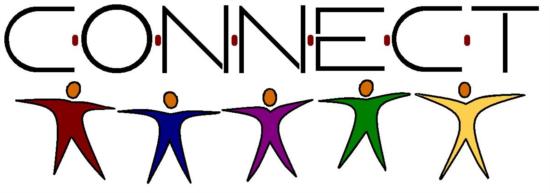
http://worldartsme.com
Take things gently at first. Maybe you would enjoy a trip to the cinema for example, to practice being in the company of others, rather than a busy event where there may be an expectation for you to be chatty, smiley and sociable.
Perhaps consider joining a club, enrolling on a course or taking up an opportunity to volunteer as this can also be a great way to meet new people, make a positive difference in the world and continue to feel better about yourself.
When you do feel ready for more face to face time, don’t feel the need to explain what you’ve been through. It’s time to move forward now and talking about your traumatic experience will only likely result in bringing it all to the forefront of your mind once again.
Restart
The wheel never stops turning and you really only have two choices. To stay where you are, in a place of stress, anxiety and depression or to get back in the boat and gently start paddling once again, albeit slowly at first.
Learning to enjoy life fully again after an emotional shock is a slow and gradual process, but gently and sustainably putting the proven techniques for achieving improved health and wellbeing back into practice is ultimately what Applied Wellness is all about.
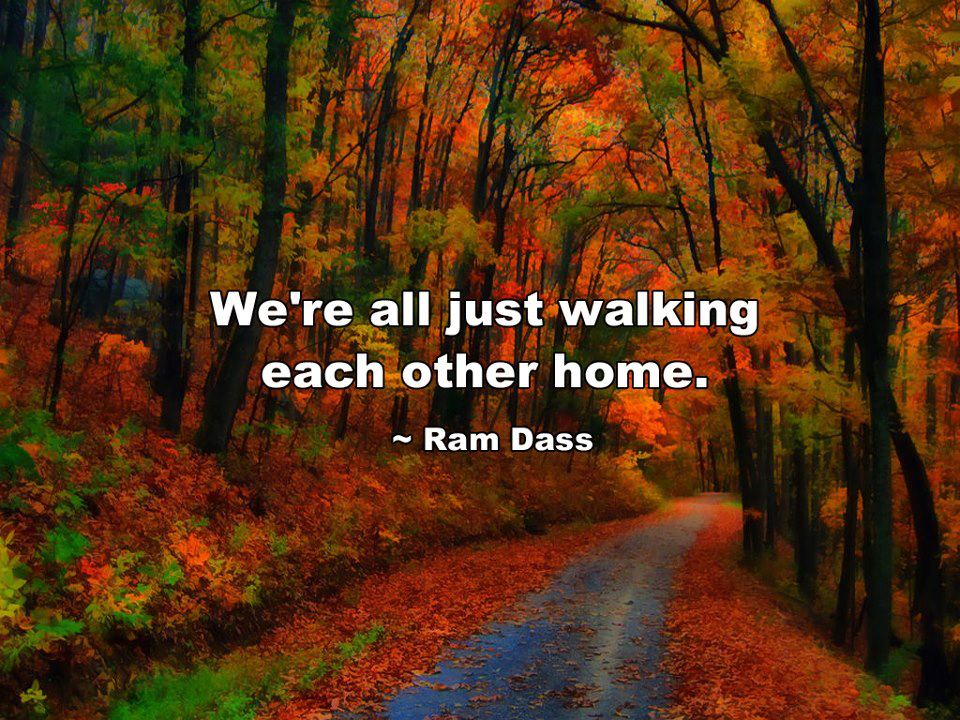
Remember
The 5 key stages to recovering from emotional shock are:
- Rest
- Review
- Realign
- Reconnect and
- Restart
And remember…
“Everything works out in the end, so if it hasn’t worked out, it’s not the end.” ~ Anon.
With love and bright blessings,
Wes.
For information on how to gently improve your health and wellbeing visit us at www.appliedwellness.co.uk

